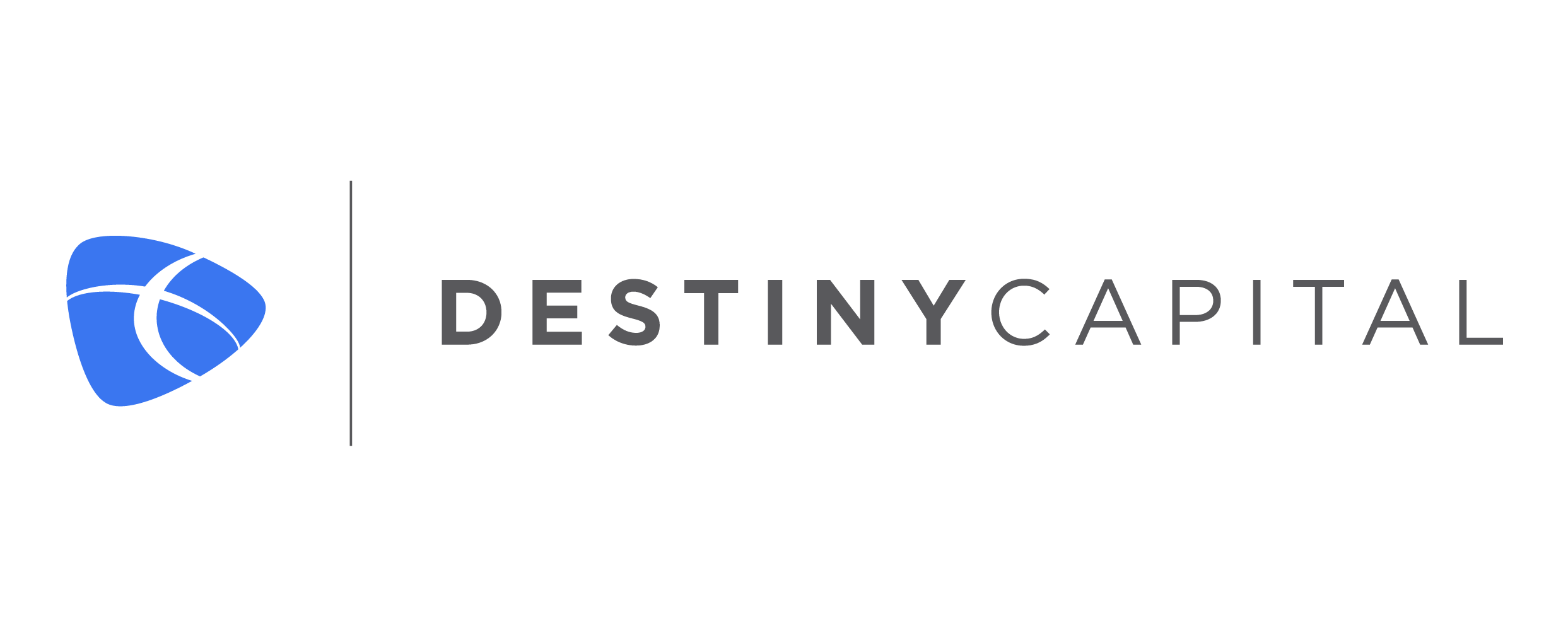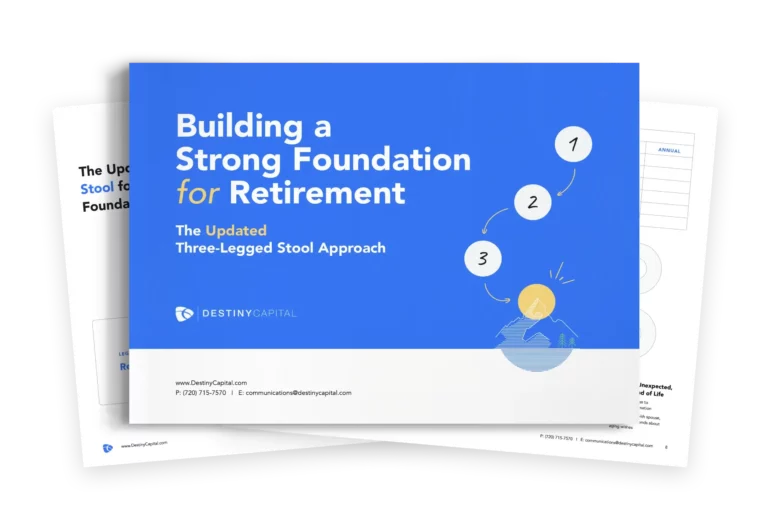How To Use Good Debt
Debt is an important and necessary tool that we all use at some point in our lives. But, it is one that should be used with extreme caution. The broad rule of thumb is that if debt is used to help you build wealth, it is considered good. An example is a mortgage, where you are gradually paying it down and building equity. However, if debt is used for present day consumption in place of wealth accumulation, such as home furnishing loans, it is considered bad. Staying confined to using good types of debt, and being creative in how you structure that debt, can make a difference.
With the example of a mortgage, the majority are written as long term, meaning 15-30 years, and have fixed interest rates that are tied to benchmarks such as the WSJ Prime Rate, the 10-year US Treasury Index, or the LIBOR (the London InterBank Offered Rate) Index. These all represent different underlying interest rates. Depending on which one your loan is tied to, you may have a higher or lower interest rate. There are also a variety of term options. One that we frequently see used by our clients is a seven-year ARM, or Adjustable Rate Mortgage. Most mortgages are closed prior to seven years, either due to refinancing or home sales. In many cases, you might be better off obtaining a lower interest rate that is fixed for the first seven years of the mortgage. If you still own the property after seven years, you can then refinance into a new mortgage.
Investment Credit Line, or ICL, is another tactic that our clients have found successful. These loans are facilitated through the private bank portion of the Bank of New York. ICLs are created using liquid financial assets as collateral, such as a brokerage account. Typically, the minimum size for this ICL is $1M. With credit requirements, you would need somewhere around $1.5M of brokerage assets to obtain the ICL. The interest rate is based on LIBOR, and has been between 2-2.5% for the last several years. Our clients have been able to use ICL funding in place of a traditional mortgage, and borrow at ultra-low rates.
In summary, try to avoid taking on debt that doesn’t contribute to building wealth. When using the better types of debt, be sure to thoroughly vet your options.
Not sure where to start? Talk to one of our advisors today!
{{cta(‘b98204c7-0e0e-4d3b-895d-e54ef00e4f97′,’justifycenter’)}}
Share this
Stay Ahead with Smart Investments
Learn how to invest wisely and minimize risks to protect your retirement savings.
Achieve Your Retirement Goals
Get personalized advice to meet your retirement goals. Book your call with Destiny Capital now.




